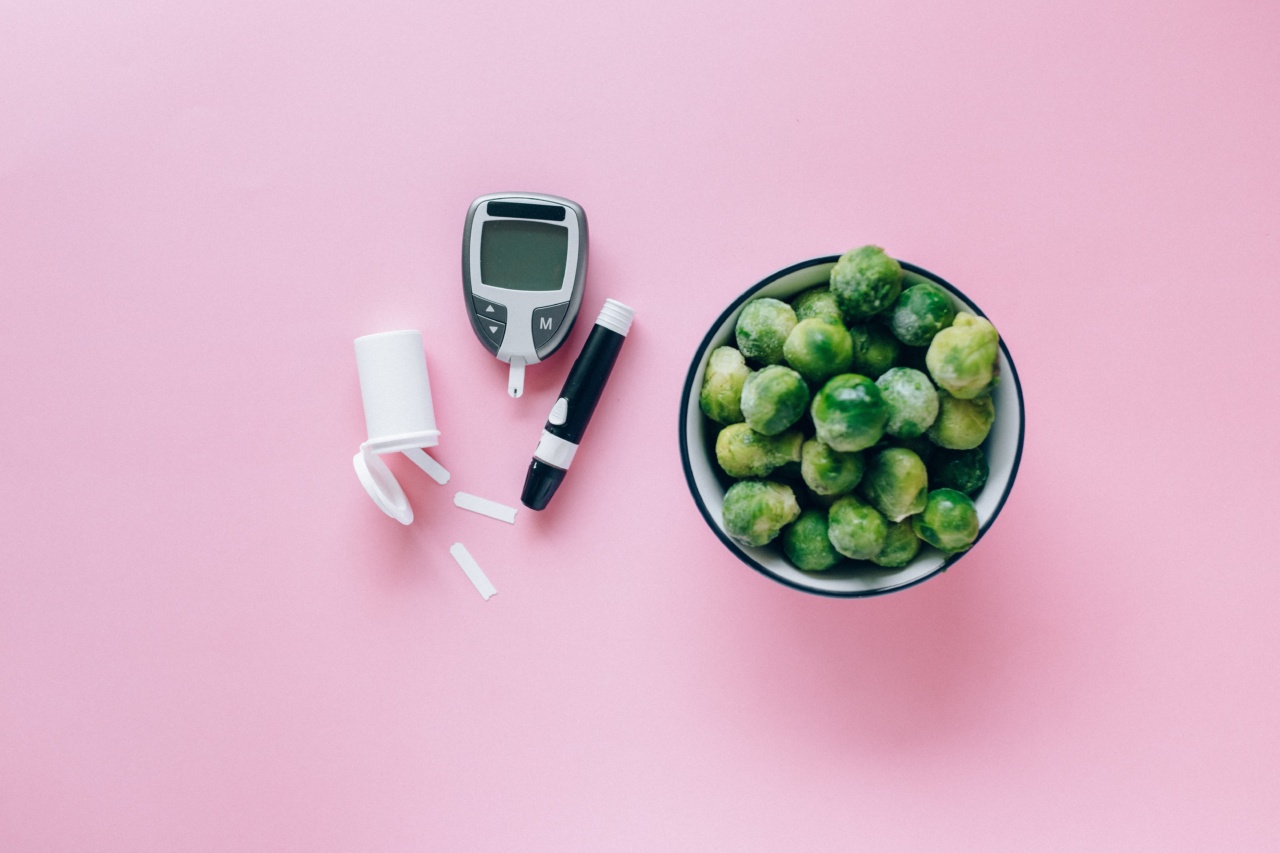High blood pressure, also known as hypertension, is a common health problem that affects millions of people around the world.
While there are many medications available to control blood pressure, there are also several natural remedies that can help prevent and manage this condition. One such remedy is the consumption of a certain majestic fruit that has been shown to have a significant impact on blood pressure levels.
The Fruit in Question
The fruit we are talking about is the pomegranate. This fruit, with its ruby-red edible seeds and refreshing, slightly tart taste, has been revered for its health benefits for centuries.
Pomegranates are believed to have originated in Iran, but they are now widely cultivated in other parts of the world as well, including Mediterranean countries, India, and the United States.
Pomegranate for Blood Pressure Control
The pomegranate has been studied extensively for its health benefits, and one of the most promising areas of research is its effects on blood pressure.
Studies have shown that drinking pomegranate juice can have a significant impact on blood pressure levels. This is because pomegranates contain powerful antioxidants called polyphenols, which have been shown to improve arterial health and reduce inflammation.
Both of these factors are important in controlling blood pressure, as hypertension is often caused by atherosclerosis (narrowing of the arteries) and inflammation.
Research on Pomegranate and Blood Pressure
Several studies have been conducted on the effects of pomegranate juice on blood pressure, and the results are encouraging.
A study published in the journal Nutrition found that drinking 50 ml of pomegranate juice daily for four weeks significantly reduced systolic blood pressure (the top number in a blood pressure reading) in hypertensive patients. Another study published in the journal Phytotherapy Research found that drinking pomegranate juice for 12 weeks significantly reduced diastolic blood pressure (the bottom number in a blood pressure reading) in patients with high blood pressure.
Pomegranate and Cholesterol
In addition to its effects on blood pressure, pomegranate has also been shown to have a positive impact on cholesterol levels.
High cholesterol is another risk factor for heart disease and hypertension, so managing cholesterol levels is an important part of managing hypertension. Studies have shown that drinking pomegranate juice can lower LDL cholesterol (the “bad” cholesterol) and increase HDL cholesterol (the “good” cholesterol), which can help improve overall heart health.
Pomegranate and Diabetes
Diabetes is another health condition that is often associated with high blood pressure. Studies have shown that pomegranate can help improve insulin sensitivity, which can help prevent and manage diabetes.
By improving insulin sensitivity, pomegranate can help control blood sugar levels and reduce the risk of complications associated with diabetes.
How to Incorporate Pomegranate into Your Diet
If you want to add pomegranate to your diet to help manage your blood pressure, there are several ways to do so. One of the easiest ways is to drink pomegranate juice. Look for pure pomegranate juice without added sugar or other ingredients.
You can also add pomegranate seeds to salads, smoothies, or yogurt for a tasty and healthy snack.
Pomegranate Supplements
If you prefer to take supplements instead of drinking juice or eating the fruit, there are also pomegranate supplements available in capsule or extract form.
However, it is important to choose a reputable brand and talk to your healthcare provider before taking any supplements, especially if you are taking medications or have any health conditions.
Conclusion
The pomegranate is one of nature’s most majestic fruits, and it has been shown to have a significant impact on blood pressure levels.
By drinking pomegranate juice or adding pomegranate to your diet, you can help prevent and manage hypertension, as well as improve overall heart health. However, it is important to remember that pomegranate is not a substitute for medical treatment, and you should always talk to your healthcare provider if you have concerns about your blood pressure levels.




























